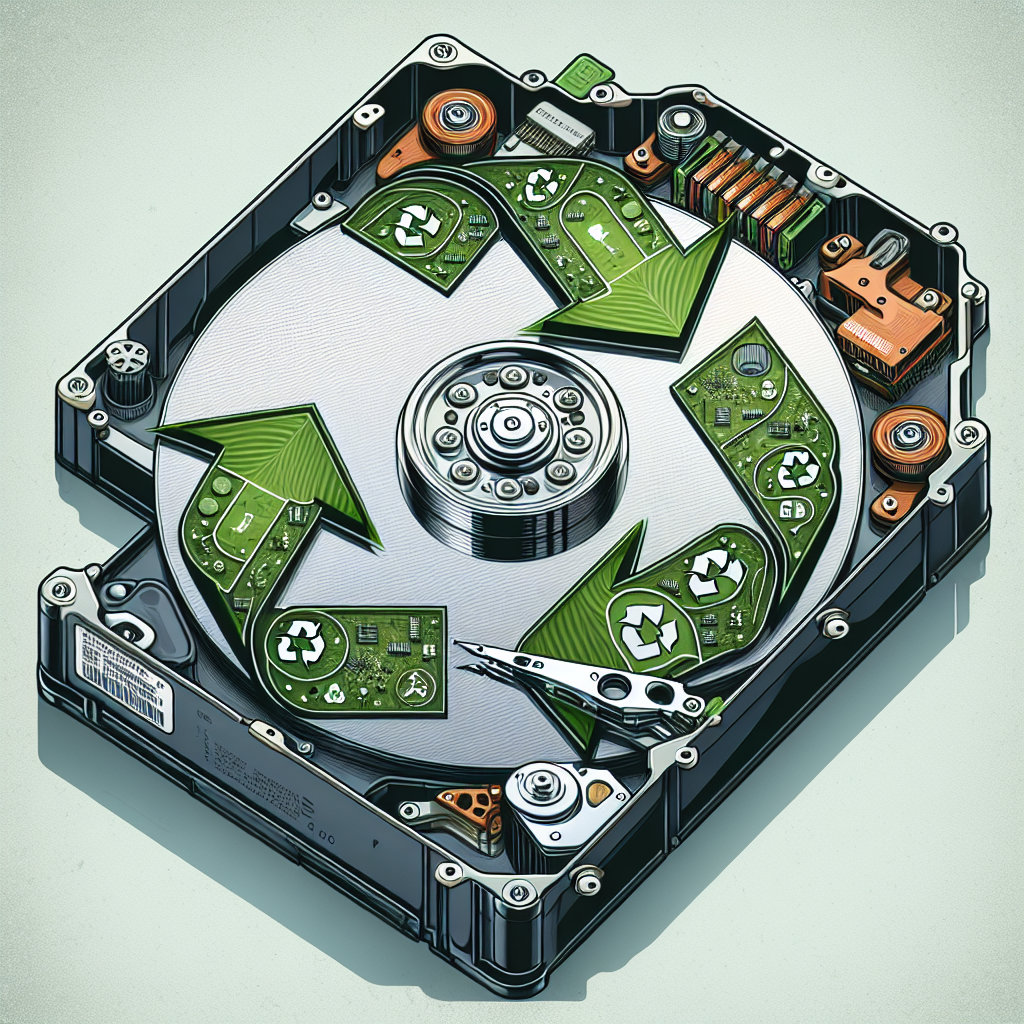Your cart is currently empty!
The Environmental Impact of Hard Disk Drives: Recycling and Sustainability Practices

In today’s digital age, hard disk drives (HDDs) are an essential component of our everyday lives. From storing important documents to keeping our favorite photos and videos safe, HDDs play a crucial role in our data storage needs. However, the environmental impact of these devices is often overlooked.
The production and disposal of HDDs contribute to a significant amount of electronic waste, which can have harmful effects on the environment if not properly managed. As technology continues to advance and storage capacities increase, the demand for HDDs is on the rise, leading to more electronic waste being generated.
Recycling and sustainability practices are key in mitigating the environmental impact of HDDs. By recycling old or outdated HDDs, valuable materials such as aluminum, copper, and rare earth metals can be recovered and reused, reducing the need for new raw materials to be extracted from the earth.
In addition to recycling, manufacturers are also implementing sustainability practices in the production of HDDs. This includes using more environmentally friendly materials, reducing energy consumption during manufacturing processes, and designing products that are easier to disassemble and recycle at the end of their lifecycle.
Furthermore, consumers can also play a role in reducing the environmental impact of HDDs by properly disposing of their old devices through electronic waste recycling programs. Many electronics retailers and municipalities offer e-waste recycling programs where old devices can be dropped off for proper disposal and recycling.
Overall, the environmental impact of HDDs can be mitigated through a combination of recycling and sustainability practices. By working together to reduce electronic waste and promote responsible manufacturing and disposal practices, we can help protect the environment for future generations.

Leave a Reply